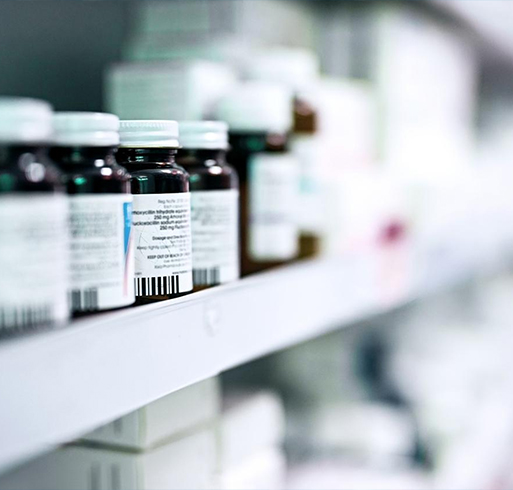Safety pharmacology
The purpose of safety pharmacological research is to find unexpected pharmacological effects that may be related to clinical safety, evaluate adverse pharmacological or pathophysiological reactions observed in toxicological experiments or clinical studies, and explore the mechanism of adverse reactions. We have an experienced professional research team of safety pharmacology and advanced and complete imported test equipment, which can provide customers with a full set of safety pharmacological test services in accordance with CFDA, ICH S7A and S7B guidelines and international GLP standards.
Category: Non-clinical safety evaluation
Medicines for human purposes
The purpose of safety pharmacological research is to find unexpected pharmacological effects that may be related to clinical safety, evaluate adverse pharmacological or pathophysiological reactions observed in toxicological experiments or clinical studies, and explore the mechanism of adverse reactions. We have an experienced professional research team of safety pharmacology and advanced and complete imported test equipment, which can provide customers with a full set of safety pharmacological test services in accordance with CFDA, ICH S7A and S7B guidelines and international GLP standards.
Instrument and equipment
Multi-channel physiological data acquisition system
DSI Physiological Data Acquisition and Analysis System (Telemetry system)
Spontaneous activity video acquisition and analysis system
Whole body plethysmography system
Vest telemetry system
Animal species
Dogs/non-human primates
Mice/rats
Core combination
Cardiovascular system: awake dogs and monkeys (telemetry: ECG/blood pressure/heart rate/body temperature), anesthetized dogs and monkeys (ECG/blood pressure/heart rate/breathing)
Respiratory system (rat/mouse) : respiratory rate/tidal volume/ventilate per minute, central nervous system (rat/mouse/monkey), functional observation combination experiment, modified Irwin method
In vitro electrophysiology: potassium ion channels (hERG), sodium ion channels and calcium ion channels
Additional test
Central nervous system: behavior, learning and memory
Cardiovascular system: myocardial contractility, action potential
Respiratory system: airway resistance, etc
Supplementary experiment
Gastrointestinal system
Urinary/renal system
Neuromuscular function
Neuromuscular coordination
